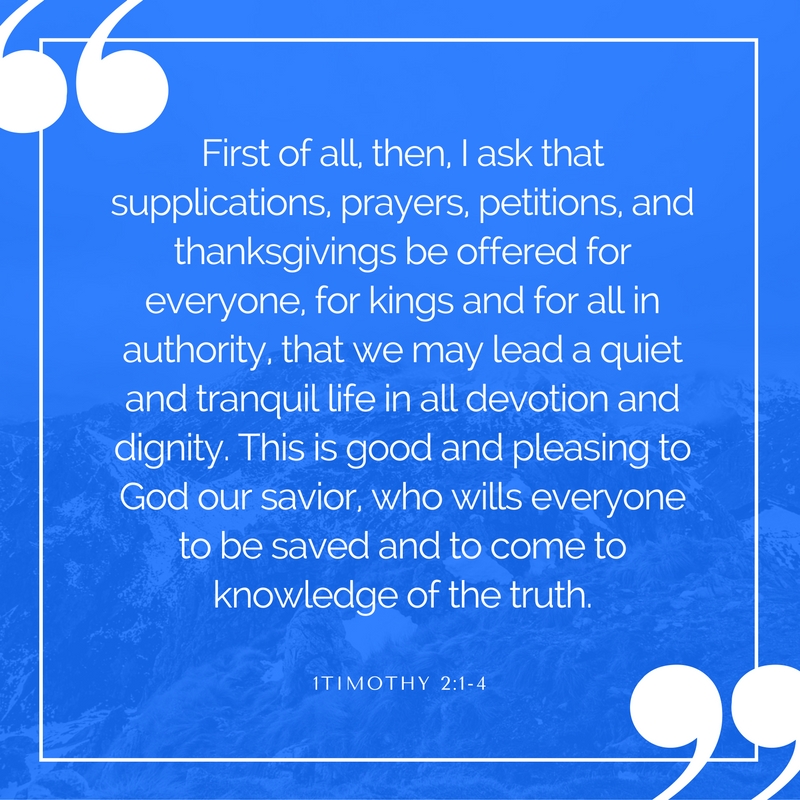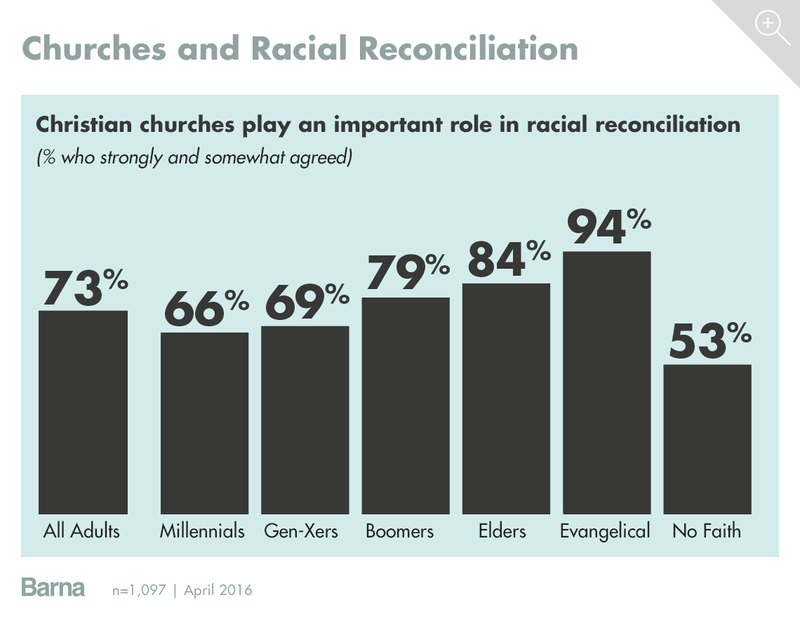Well, my friends are gone and my hair is grey
I ache in the places where I used to play
And I’m crazy for love but I’m not coming on
I’m just paying my rent every day in the Tower of Song.
– Leonard Cohen, Tower of Song, verse 1
On October 18, 2016, poet and singer/songwriter Leonard Cohen released his 14th studio album, You Want It Darker, which is quite possibly the most perfect title for a Leonard Cohen album. At 82 years old, Cohen has effectively been writing, making, and recording music longer than Elvis Presley, The Beatles, and Britney Spears combined. What might be the secret to Cohen’s endurance in an industry that is known for one-hit wonders, flash-in-the-pan stars, and fly-by-night raconteurs? What might be the lessons or principles one might glean from asking this question for others who seek to extend the shelf life of their own careers? Perhaps Cohen himself gives us insight into how he understands his own life and what sustains a long career in one of his most captivating songs.
“Tower of Song” was released on 1988’s, I’m Your Man album which came nearly two decades into to his career. One can understand the song to be an autobiographical narrative of the innerworkings of the heart and mind of The Singer – all the longings, joys, pains, and triumphs one must endure to become an artist and to truly live as one. In the song, The Singer, grizzled and alone, looks back on his long life (Well my friends are gone / and my hair is grey / I ache in the places where I used to play) living in the Tower of Song. The Tower serves as his description of the life that The Singer has been resigned to. The Singer tells us that he was compelled to live in the Tower of Song because he “was born like this (and) had no choice.” After all, he was “born with the gift of a golden voice” and “27 angels from the great beyond” subdued him, tying him to a table in the Tower of Song. It was not The Singer’s will that brought him and confined him to the Tower, it was a calling from beyond himself and outside of his own power that compelled him there and sustains his life. The Tower provides for him armor and protection to enable him to withstand enemy fire. Inside this place are other singers and artists, apparently also consigned to live within this framework of the Tower as well. Specifically, the Singer hears Hank Williams coughing “all night long” and he feels a connection to the haunted and saintly country western crooner that lives “a hundred floors above.” His songs serve as “mighty judgements” – prophecies and revelations meant to free the oppressed and marginalized “have-nots” and shame the rich who exploit them. For The Singer to remain he must continue paying rent – writing songs and singing regardless of how he feels at any given moment (I’m crazy for Love / but I’m not coming on) – and it is his songs that will endure long after he is gone. The Singer will be continue speaking sweetly forever “from his window in the Tower of Song.” Does this song really unravel the great mysteries of the universe, as Cohen has claimed while performing this song live, and give answers to how we might go about living a life filled with lasting meaning?
In The Listening Heart, author AJ Conyers attempts to give the reader a theological, sociological, and historical understanding of something that that is necessary for the flourishing of all mankind and the thing that Cohen’s Tower of Song captures so wonderfully – the power of meditating upon and attending to one’s vocation in life. Conyers argues that it is not in exercising free will, making individual choice, or even incorporating oneself into the societal milieu that produces a life of meaning. It is in responding to a vocation – the divine call and the human response to that call – that infuses life with meaning and purpose. Conyers laments that it is the universal loss of a sense of vocation that has given rise to the modern sense of listlessness, purposelessness, and selfishness that plagues our modern life. Although the Enlightenment has been sold as a instutition-questioning, nation-building, and wealth-producuing enterprise marked by the freedom of individual choice and the ability to understand the world around us as it it really is. Conyers argues that it has essentially accomplished the exact opposite. Rather than give insight into the mystery of a vast and beautiful universe (from deep space all the way down to the smallest human cell), the effects of the Enlightenment have tricked mankind into believing that it can master and control the world around us. By removing God (and in effect, the community of believers in the church) from the public square and relegating religion to a private matter, the State is now the one that is free to compel men into labor rather than call men to a life of service for the benefit of others and society as a whole. Rather than champion the uniqueness of each individual, the rise of the African slave trade, arguably the greatest export of the Enlightenment, reduced men and women to livestock or replaceable cogs in the machine of industry. Modern culture is essentially distracted and disconnected from God, moral character, creation, and community. Today, life is less about human flourishing (individually and as a community) and more about merely surviving. Conyers believes there is a better way. He succeeds in articulating what Jacob Shatzer calls a “grand vision of theology and ethics, rooted in the Bible and shaped by the Great Tradition of Christian theology” that reawakens this lost idea of vocation for the 21st century. The Listening Heart is not a diatribe against what has gone wrong in the past as much as it is a clarion call for the community of God to rise up and lean into what the Father may be calling us toward.
For Conyers, understanding and living out one’s vocation means giving attention to God as well as the people, the place, and the purposes for which he has called you to. Throughout the course of the book, Conyers attempts to give an equation for Vocation and how one might come to lean into God’s call their life. The equation might read as Attention + Tolerance + Place + Rest = Vocation and Community.
Attention
The purpose and end of attention is a transformation in which reality awakens within us, pushing aside the unreal and selfish dreams which had kept us subdued in unwakefulness. “Attention” of the sort we are discussing here, and which is related to the biblical idea of “watchfulness” or “alertness” always has this quality about it. It centers not on the self, but on something outside. Its power is in its honesty, in its reflection of the truth outside the observer.
For Conyers, the “appropriate response to vocation” is attention. Our ultimate attention is to God but one must also give attention to the people, places, and things God has given to us so that we may give Him glory and attend to the work He has given us to accomplish. No doubt the 21st century is a time filled with great distraction. From devices with non-stop notifications buzzing and blinking and beeping to the age old temptation to overlook the good life in front of us in favor of what might be a great life “over there,” our age is an age of diversion and distraction. Stephen Pressfield writes about The Resistance in his book, The War of Art. It is the Resistance that distracts and derails men and women on the road to living out their calling and a life of meaning. The Resistance, he says, stands between the “life we live, and the unlived life within us.” Conyers gives counsel in overcoming distraction through practices of attention such as prayer, perseverance in the face of trials (again, Pressfield would argue that suffering and trials are part of The Resistance’s bag of tricks), perceiving truth, and the willingness to face pain all require our attention if we are to experience the life god would have us live. To be present, in the midst of everything that the world may throw at you, is to attend to God’s calling on your life.
Tolerance
The modern doctrine (of Tolerance) has therefore obscured what might properly be called the practice of toleration. I decline to call it doctrine because it is not so much the statement of something true as it is the preparation of the soul for that which is true. It is more akin to silence than to discourse. It is the habit of not cutting off your interlocutor before listening to what he or she has to say.
Conyers makes a great distinction between Tolerance as a doctrine and Tolerance as a uniquely Christian practice. For a society to function well, a free exchange of ideas marked by an “openness to the experiences and thinking of others” is needed so that all may “wrestle with the foundational questions of what it means to be human and to live in community.” The doctrine of Tolerance produced by the Enlightenment, alive and well in today’s world, actually seeks to undermine this free exchange of ideas but creating the false teaching that all ideas are equal and valid. By relegating religious and moral thought to the private, personal spheres of life The State, and by extension, the Individual was now free to live and move and create their own state of being free from accountability and criticism. However, the practice of Tolerance is something radically different and finds its roots in the Christian, not secular, tradition. Whereas the doctrine of Tolerance proclaims that each individual can arrive at and capture their own truth, the practice of Tolerance is the pursuit of truth. “It is an openness towards what is true, recognizing the truth of God is true for all people,” says Conyers. It is a drawing out of truth wherever truth may be found – in the sacred as well as the secular.
Place
Real people belong to real places, and places, like people, have a character. Vocation is directed not to some pure spirit, or an abstract personality, but to persons who are rotted in a particular setting, and who can be known in part by the setting in which they are found or came to maturity.
Missing in today’s culture is a true sense of place. For Conyers, Place isn’t just where one may find themselves at this given moment. It is also the place where one comes from, “the place from which we proceed.” These places have a profound affect on us and flavor not only our lives but our work as well. In the Garden, God placed man and woman and gave them a work and a place to “cultivate, build, and improve on” right alongside The Creator Himself. Place is the essence of the Incarnation. Christ left one place, Heaven, in order to live in the midst of another place, Earth (specifically, 1st century Palestine). He fulfilled His calling from God and is now calling each of us to a place, The Kingdom of God. Our culture places a high premium on moving up the ladder of success and moving from place to “more significant place.” Ferris Bueller once remarked that “Life moves by pretty fast. If you don’t stop and look around every once in a while, you could miss it.” For us to fully appreciate God’s calling on our lives, we must attend to the Place where we came from, where we find ourselves now, and ultimately, where God would have us be.
Rest
In the ancient and medieval mind, the contrary of this inexorable ruin to which all things run in time is the notion of “rest,” which means that time runs toward a goal or purpose – an eschatological goal, a telos – that is secure against the ravages of Chronos. Thus St. Augustine could say, “We were made for Thee, O God, and our hearts are restless until we find rest in Thee.” Rest is not idleness, but as Thomas Merton said, “the highest form of activity.” Nor is it obliteration in death. That is why the Christian prayer, Rest in peace,” is not a concession to death but, in fact, a invocation against death.
In what is probably the most interesting chapter of the entire book, Conyers describes Rest, not as a Sabbath rest or a lazy, summer nap, but as telos, or the ultimate object or aim of life. The Enlightenment has caused our modern sensibilities to be obsessed with Motion for the sake of movement and Change for the sake of change. According to Conyers, “The biblical idea of ‘rest’ contains within it the assumption that the motion of people and things and events anticipates a time of ‘rest,” a time in which their motion is complete, will find its end.” No wonder we are a restless people in a world marked with much chaos and little peace. We are so obsessed with moving on to the next chapter in life that we fail to be attentive to the moment.
Reclaiming Community and Vocation
What is necessary for the world to begin to reclaim the idea of vocation? The answer might be Humility. For an individual to begin to aspire to something greater, a posture of humility is needed. To acknowledge that there is a God who is the one in control, who invites human beings into a relationship with Him, to co-labor beside Him in bringing truth, justice, and love into the world necessitates humility. To acknowledge the complexity and vastness of the creation and universe as well as our inability as mankind to control or coerce creation to our will, takes an understanding that we are not even half as powerful or in control as we think. To realize that each of us are called to serve the world around us rather than use others for our own purposes, requires that we let go of our pride and recognize that we “belong to Another” and to one another. To live out one’s vocation means saying “no” to our will and “yes” to the will of the One who has called us to this time and this place to serve these people to His purposes to His glory and to the benefit of others. That is how we will pay our rent in The Tower of Song.
The Listening Heart
AJ Conyers
217 pages
Spence Publishing Company
2006





